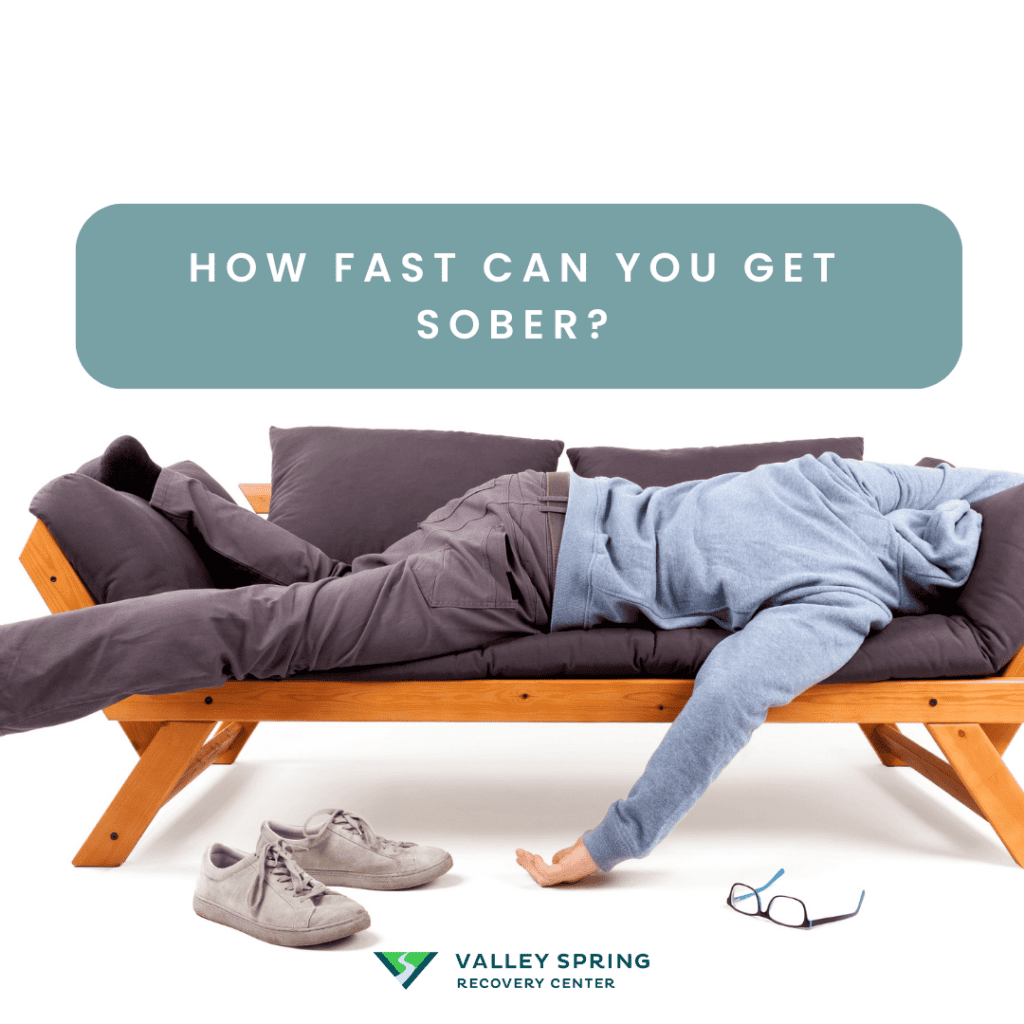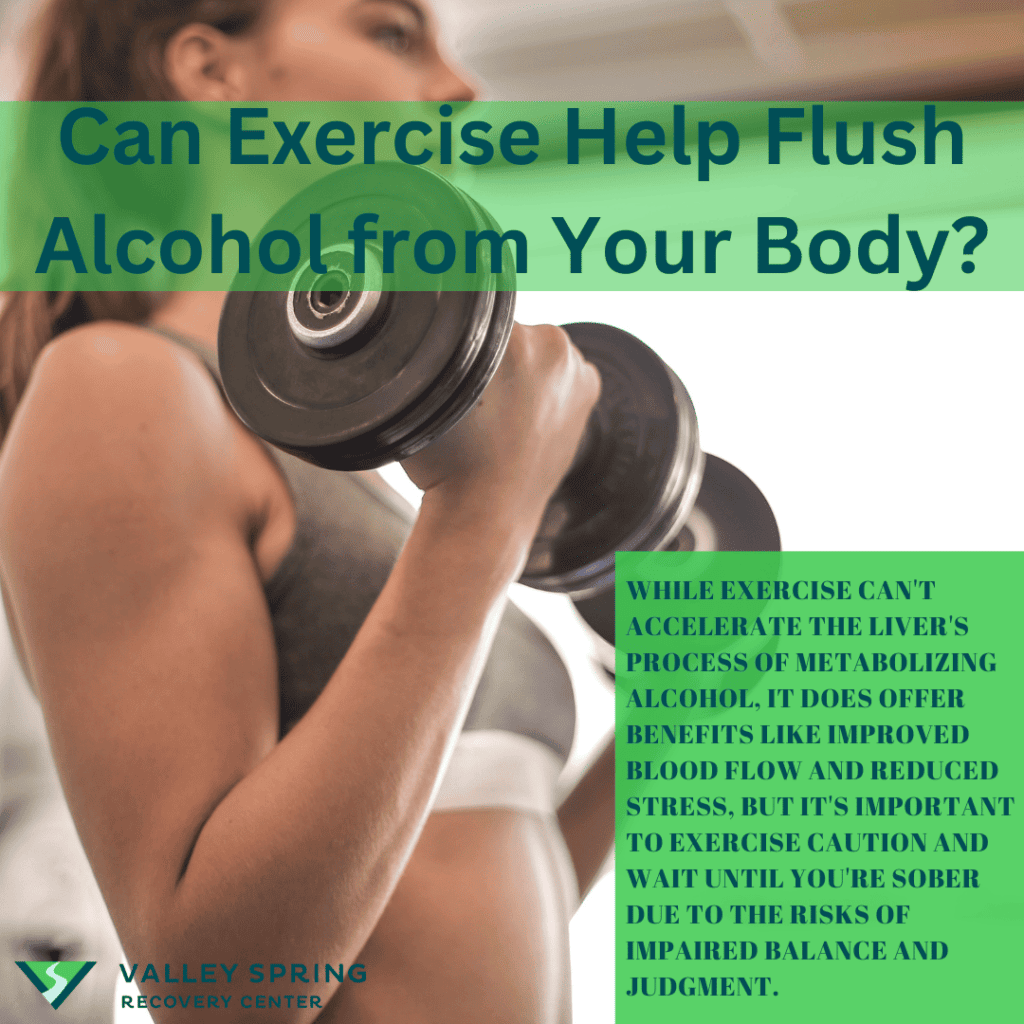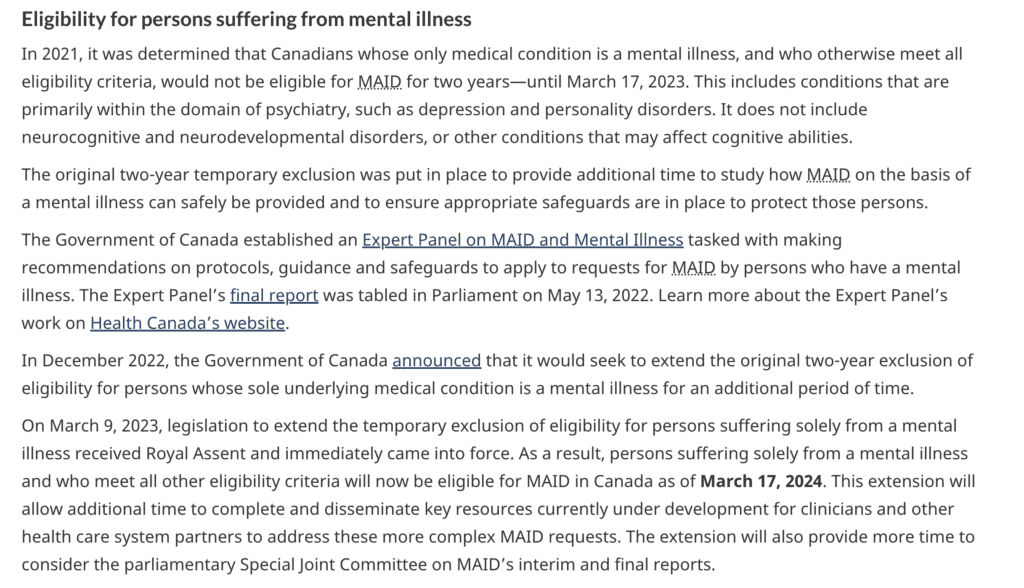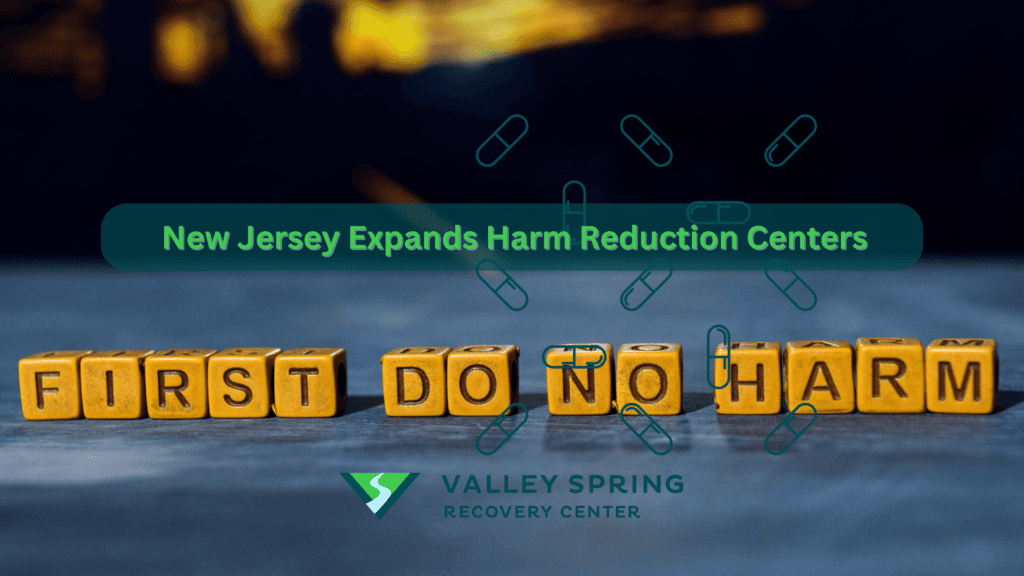Have you ever wished there was a magic potion or a secret trick to help you sober up quickly after a night of indulging in a few too many drinks? Unfortunately, the truth is that thereís no fast track...
Have you ever wished there was a magic potion or a secret trick to help you sober up quickly after a night of indulging in a few too many drinks? Unfortunately, the truth is that thereís no fast track to sobriety. The good news, however, is that understanding ďhow to sober up fastĒ and following responsible drinking habits can help you better manage your alcohol intake and avoid the unpleasant consequences of overindulging. In this blog post, weíll debunk common myths, explore factors that influence alcohol metabolism, and share valuable tips for responsible drinking.
Alcohol metabolism can only be reduced over time, not sped up.
Responsible drinking involves counting drinks, alternating between alcoholic and non-alcoholic beverages, and setting personal limits.
Rehydrate with water or sports drinks, refuel with nutritious food, and get plenty of rest to recover from the effects of alcohol consumption.
How Fast Can You Get Sober?
Contrary to popular belief, thereís no magical way to sober up in a hurry. The only solution to decreasing your blood alcohol concentration (BAC) is time, as your body needs to metabolize the alcohol youíve consumed. But donít be disheartened! Understanding the factors that contribute to alcohol intoxication, and debunking common myths about speeding up the process, aids in making informed decisions about your alcohol intake and avoiding the unpleasant aftermath of overindulging.
While some might claim that drinking coffee, taking a cold shower, or even vomiting can help you sober up quickly, the reality is that these actions donít significantly reduce your BAC. Instead, your body should be given the necessary time to process and eliminate alcohol from your system. This section explores various methods often touted as ways to sober up fast, analyzing their effectiveness (or lack thereof).

What Are The Best Tips For Getting Sober Fast and Curing A Hangover?
The best ways to cure a hangover are listed below:
1. Stay Hydrated
Drinking water is essential for maintaining hydration, which can help the liver metabolize alcohol more effectively. Itís a good idea to have a glass of water with each alcoholic drink you consume, as this can help prevent dehydration and reduce the effects of alcohol.
However, while staying hydrated is crucial for overall health and well-being, itís important to understand that drinking water doesnít speed up alcohol metabolism in your body. In other words, while drinking plenty of water may help you feel more alert and reduce the dehydrating effect of alcohol, it wonít magically flush the alcohol out of your system or make you sober up quickly.
So, even though staying hydrated when consuming alcohol is crucial, bear in mind that allowing time for your body to metabolize alcohol is the only true solution to sobering up.
2. Eat Before and During Drinking
Eating before and during drinking can help slow down the absorption of alcohol into your bloodstream, resulting in a lower peak BAC. Consuming alcohol on an empty stomach can cause your body to absorb alcohol more rapidly, which affects how the body processes alcohol. However, even though eating can slow down alcohol absorption, it wonít lower your BAC once the alcohol has already been absorbed.
In fact, eating a meal high in carbohydrates or fat before and during drinking can help slow down alcohol absorption, regardless of the type of alcoholic drink consumed. But remember, while eating can help mitigate the effects of alcohol and reduce the risk of drunk driving, it doesnít reverse the impact of the alcohol already in your system.
So, enjoy a delicious meal and some snacks while you drink, but keep in mind that time is still the only way to truly sober up.
3. Limit Alcohol Intake
Preventing intoxication and maintaining a safe BAC starts with:
Limiting your alcohol intake
Pacing your drinks
Consuming alcoholic beverages in moderation
Spacing out the intervals between drinks
These practices can help give your body the time it needs to metabolize the alcohol and maintain a lower BAC.
By moderating your rate of consumption and pacing your drinks, you grant your body more time to metabolize the alcohol, preventing too much alcohol intake. Remember, the best way to avoid intoxication and the need to sober up quickly is to limit your alcohol intake in the first place, rather than trying to drink alcohol faster.
4. Coffee and Alertness
When youíre feeling groggy or sluggish after a night of drinking, it might be tempting to reach for a strong cup of coffee to help you feel more awake. While caffeine can provide a temporary boost in alertness, itís important to understand that it doesnít actually speed up alcohol metabolism in your body.
In fact, mixing alcohol and caffeine can be dangerous, as it can mask the depressant effects of alcohol and lead to increased alcohol consumption and impairment. Furthermore, drinking coffee while intoxicated can impair your perception of drunkenness, potentially leading to excessive drinking and increased risk.
So, even though a cup of coffee might make you feel more awake, it wonít accelerate your sobering up process.
5. Cold Showers and Wakefulness
Some people might suggest taking a cold shower to help you sober up, but the truth is that cold showers donít reverse the effects of alcohol. While a cold shower might have a temporary stimulating effect on your senses and make you feel more awake, it wonít help your body metabolize the alcohol any faster.
Itís important to note that even if a cold shower might make you feel more alert, it doesnít actually help your body metabolize the alcohol in your system. So, even though it might wake you up refreshingly, a cold shower isnít a reliable solution for sobering up.
6. Vomiting and Blood Alcohol Levels
Itís a common misconception that vomiting can significantly reduce your BAC. While itís true that vomiting can remove some of the alcohol from your stomach, it doesnít have a significant impact on the alcohol that has already been absorbed into your bloodstream.
In fact, once alcohol enters your bloodstream, only time and your liverís ability to metabolize the alcohol can lower your BAC. So, even though it might be instinctive to think that vomiting could help you sober up quickly, itís not an effective method for reducing your blood alcohol levels.
What Factors Influence Alcohol Metabolism?
Weíve established that time is the only true solution for sobering up, but itís also crucial to understand the factors that influence alcohol metabolism. Alcohol metabolism can be affected by factors such as biological sex, body weight, and the combination of alcohol with other substances. This section will examine each of these factors and discuss their influence on the speed of alcohol metabolism in your body.
Understanding how these factors play a role in alcohol metabolism can help you make informed decisions about your alcohol consumption and better manage your BAC, reducing the risk of overindulging and the need to sober up quickly.
1. Biological Sex
Itís no secret that men and women metabolize alcohol differently. Generally, men metabolize alcohol more quickly than women due to the presence of the alcohol dehydrogenase (ADH) enzyme. This enzyme, found in the liver, facilitates the breakdown of alcohol, and men typically have higher levels of ADH than women.
As a result, men can often consume more alcohol than women without experiencing the same level of intoxication, due to their faster alcohol metabolism. However, itís important to remember that individual differences in alcohol metabolism can still vary significantly, and responsible drinking should always be the priority, regardless of biological sex.
2. Body Weight
Body weight also plays a role in alcohol metabolism. Heavier individuals tend to have lower BAC levels than lighter individuals who consume the same amount of alcohol. This is due to the fact that alcohol is distributed more evenly throughout a larger body, leading to a lower concentration of alcohol in the bloodstream.
However, itís important to understand that having a higher body weight does not mean you can consume more alcohol without becoming inebriated. Body weight is just one factor affecting alcohol metabolism, and responsible drinking habits are essential for everyone, regardless of their size.
3. Mixing Alcohol with Other Substances
Mixing alcohol with other substances can have a significant impact on alcohol metabolism. Certain substances, such as caffeine, can slow down the rate of alcohol metabolism, while others, such as nicotine, can accelerate it. When alcohol is combined with other substances, the interactions can lead to dangerous side effects, including alcohol poisoning, and potentially slow down the bodyís ability to metabolize alcohol.
Itís crucial to be aware of the risks associated with mixing alcohol and other substances and to avoid such combinations whenever possible. Responsible drinking means not only monitoring your alcohol intake but also being mindful of the substances youíre consuming alongside it.
What are the symptoms of a hangover?
A hangover refers to the unpleasant symptoms experienced after excessive alcohol consumption or binge drinking. These symptoms typically begin when the blood alcohol concentration starts to fall and can vary in intensity based on several factors, including the amount of alcohol consumed, individual tolerance, and overall health. Common symptoms of a hangover include:
Headache: Often a result of dehydration and the dilation of blood vessels. Fatigue and Weakness: Due to poor sleep quality and the sedative effect of alcohol. Nausea, Vomiting, or Stomach Pain: Caused by irritation of the stomach lining and increased acid production due to alcohol. Sensitivity to Light and Sound: Alcohol can cause an increase in sensitivity to both light and sound. Dizziness or a Sense of the Room Spinning: Related to effects on the inner ear and blood sugar levels. Decreased Ability to Concentrate: Alcohol can affect cognitive functions and concentration levels. Mood Disturbances: Including depression, anxiety, and irritability. Rapid Heartbeat: Alcohol can cause an increase in heart rate and palpitations. Dry Mouth and Thirst: Indications of dehydration caused by alcoholís diuretic effect. Tremors: Mild shaking can occur as a result of alcohol withdrawal. Bloodshot Eyes: Alcohol causes blood vessels in the eyes to expand. Increased Sensitivity to Physical and Emotional Pain: Alcohol can heighten perceptions of pain. Gastrointestinal Distress: Including indigestion, heartburn, and acid reflux. Sweating: As the body attempts to process and eliminate the alcohol. Increased Anxiety or Depression: As the effects of alcohol wear off, mood can be negatively impacted.These symptoms can last for several hours or even more than a day, depending on the amount of alcohol consumed and individual factors such as genetics, age, and overall health.
What Is The Best Way To Cure a Hangover After Drinking Too Much?
After consuming too much alcohol, the best thing to do is treat the symptoms of the hangover. If youíve overindulged in alcohol and are now experiencing the dreaded hangover, the best way to alleviate your symptoms is to rehydrate, refuel with nutritious food, and get plenty of rest and sleep. Exercising may help people appear sober for a while but it doesnít necessarily help the alcohol leave the human body faster. While these actions wonít magically sober you up, they can help your body recover from the effects of alcohol and allow your liver the time it needs to metabolize the remaining alcohol in your system.
This section discusses the benefits of rehydration, refueling, and rest, providing practical tips for a more comfortable hangover recovery.
1. Rehydrate and Refuel
Rehydrating and refueling after alcohol consumption can help restore essential nutrients, electrolytes, and fluids that may be depleted due to alcoholís diuretic effect. Here are some ways to rehydrate and refuel:
Drink water to replenish fluids.
Consume sports drinks to restore electrolytes.
Eat fruits and vegetables to provide hydration and replenish vital nutrients, such as vitamins, minerals, and antioxidants.
In addition to rehydrating, eating nutritious food can help reduce oxidative stress caused by alcohol and improve digestion. So, after a night of drinking, be sure to drink plenty of fluids and eat a balanced meal to help your body recover more effectively.
2. Rest and Sleep
Getting adequate rest and sleep is essential for your body to recover from the effects of alcohol and drugs. As you sleep, your liver works to metabolize the alcohol in your system, gradually decreasing its effects. Sleep also allows your body to restore and repair itself, aiding in the detoxification process.
To ensure you get enough rest and sleep after a night of drinking, try to establish a consistent sleep routine, avoid caffeine and alcohol before bedtime, and create a comfortable sleep environment. By prioritizing rest and sleep, you can help your body recover more effectively and feel refreshed and revitalized.

Can Exercise Help Flush Alcohol from Your Body?
The notion of ďsweating outĒ alcohol to expedite its removal from your system is a widespread but incorrect belief. In reality, itís the liver that metabolizes alcohol, doing so at a consistent rateóapproximately one standard drink per hour. Physical exercise doesnít accelerate this liver function.
Nevertheless, exercise does offer certain advantages for individuals who have consumed alcohol. Engaging in physical activities enhances blood circulation and oxygenation, which can improve alertness while mitigating stress, anxiety, and the symptoms of a hangover.
Itís crucial to recognize the potential hazards of exercising while intoxicated, as alcohol impairs balance, coordination, and judgment. To minimize these risks, itís advisable to wait until youíre sober before engaging in any physical activity.
What Are The Tips for Responsible Drinking?
Here are some tips for responsible alcohol consumption:
Count your drinks to keep track of how much youíre consuming.
Alternate between alcoholic and non-alcoholic beverages to pace yourself.
Set personal drinking limits and stick to them. By following these tips, you can maintain control over your alcohol consumption and avoid the need to sober up quickly.
This section will delve into specific strategies for responsible drinking, ensuring enjoyment of your favorite beverages without overindulgence or putting yourself at risk.
1. Count Your Drinks
One of the most effective ways to maintain awareness of your alcohol intake is by counting your drinks. By keeping track of the number of drinks youíve consumed, you can monitor your alcohol intake and ensure that you donít exceed safe limits.
There are several methods to count your drinks and monitor your alcohol consumption. You can keep a notepad and pen nearby to record each drink or use a mobile app to log and track your drinks. Whichever method you choose, counting your drinks can help you maintain control over your alcohol consumption and avoid the consequences of overindulging.
2. Alternate Alcoholic and Non-Alcoholic Beverages
Alternating between alcoholic and non-alcoholic drinks is another effective strategy for responsible drinking. This practice can help slow down your alcohol consumption, prevent dehydration, and give your liver time to metabolize the alcohol.
By incorporating non-alcoholic beverages into your drinking routine, you can enjoy the social aspects of drinking while also keeping track of your alcohol consumption and maintaining a lower BAC. Plus, with a wide variety of non-alcoholic beverages available, you can still enjoy delicious and refreshing drinks without the added alcohol.
3. Set Drinking Limits
Establishing personal drinking limits is another essential aspect of responsible drinking. By setting a limit on the number of drinks youíll consume, you can prevent overconsumption and maintain a safe BAC.
There are several strategies for setting and maintaining personal drinking limits, such as:
Deciding on a specific number of drinks to consume in a given time frame
Sticking to a predetermined drinking pace
Identifying alternative activities to engage in instead of drinking
By setting and adhering to personal drinking limits, you can enjoy your favorite beverages responsibly and avoid the need to sober up quickly when you drink alcohol. Knowing how much alcohol you can handle is essential for responsible consumption.
A more comprehensive answer list of responsible drinking tips is listed below:
| Know Your Limits | Understand and adhere to the recommended limits of alcohol intake (up to 2 drinks per day for men and 1 drink per day for women). |
| Eat Before and While Drinking | Consuming food can slow the absorption of alcohol into the bloodstream. |
| Pace Your Drinking | Aim to have no more than one standard drink per hour and alternate alcoholic drinks with water or non-alcoholic beverages. |
| Choose Lower Alcohol Options | Opt for drinks with lower alcohol content to reduce overall alcohol intake. |
| Avoid Drinking for ĎEffectí | Refrain from consuming alcohol with the sole purpose of getting drunk. |
| Plan Ahead | If you plan to drink, ensure you have a safe way to get home, such as a designated driver or a taxi service. |
| Skip Alcohol on Some Days | Have several alcohol-free days each week to avoid developing a habit or dependency. |
| Be Aware of Triggers | Recognize situations or emotions that prompt you to drink more and develop strategies to handle them. |
| Donít Mix Alcohol and Medications | Be aware of the potential dangerous interactions between alcohol and certain medications. |
| Respect the Right Not to Drink | Be respectful of othersí decisions not to drink and donít pressure anyone to consume alcohol. |
What food soaks up alcohol?
High-protein, fatty foods like yogurt and salmon can help to slow the absorption of alcohol in the body.
What is sobering up?
Sobering up involves allowing your body time to process alcohol and can be aided by tactics such as drinking coffee, exercising, and sleeping. It is the process of becoming less drunk or making someone less drunk. Long-term sobriety is the state of being sober and continuing to work on recovery and abstinence.
Can drinking coffee help me sober up quickly?
No, drinking coffee will not help you sober up quickly. Caffeine may make you feel more alert, but it does not speed up alcohol metabolism.
Can vomiting reduce my blood alcohol level?
Vomiting does not reduce your blood alcohol level, as it is quickly absorbed into the bloodstream.
How can I drink responsibly and avoid the need to sober up quickly?
Set personal drinking limits, count your drinks, alternate between alcoholic and non-alcoholic beverages, and be aware of factors that influence alcohol metabolism to responsibly avoid the need to sober up quickly.
If Youíre Having Trouble Quitting Drinking Should You Participate In Sober October?
Participating in sober October is a good way to see if you have a drinking problem. October is a month long and people who donít have a problem with drugs or alcohol are usually able to abstain from drinking or using drugs for 30 days without a problem. If sober October is really hard for you and you canít do it at all, then that might be a sign you need help.
















